UAE golden visas for celebrities attempt to clean image
Over the past few years, the United Arab Emirates has tried to project itself as a land of wealth and luxury.The Persian Gulf state has been luring many from across the- world to pursue their dreams in this part of the world.
As part of its branding strategy, Abu Dhabi is now giving golden visas to international celebrities: a 10-year renewable residency. Yet, the other side of the story is not that golden.
Lebanese singer Najwa Karam, legendary footballer Cristiano Ronaldo, Egyptian actor Nelly Karim and Tajik influencer Abdu Rozik all have one thing in common, Apart from their fame and wealth, they’re all in possession of the UAE golden visa: a win-win for everyone.
For the UAE, the presence of these celebrities helps the Emiratis raise their country’s profile as a desirable destination.
I also know that they have granted UAE passports for over 200 Israelis, which is concerning, because that would allow the Israelis to travel through anywhere in the Middle East, any Arab country, and that seems to be also, I think, a dangerous exercise to allow Israelis to get access to UAE passports.
When the Palestinian issue and other problems like Israeli violations of Lebanese airspace, attacks on Syria, are still there, and I think this should not be allowed the Arab world should work together to try to address those concerns and not simply try to ingratiate themselves to the Israelis.
Edward Corrigan, Citizenship, Immigration and Refugee Protection Specialist
Last year, when Egyptian singer and actor Mohamed Ramadan was granted the visa, he posted on Instagram: “Thank you to the rulers of Dubai, Sheikh Mohamed bin Rashed, may God preserve him, for the most beautiful gift of the golden visa. May God bless the rulers and the population.”
Indian actor Shah Rukh Khan, Canada-born fashion Instagrammer Ola Farahat and Lebanese pop singer Myriam Fares are also among the dozens of international celebrities who received the visa and posted special thanks online.
Abu Dhabi introduced the golden visa in 2019 as part of its strategy to develop its entertainment industry and attract foreign investment while refreshing its appearance with the presence of A-list celebrities in the UAE.
Well I think it's a public relations exercise to present a good image for United Arab Emirates, because they do have a lot of problems, there's lots of dissidents that are in prison. And it's perhaps also a way to attract, you know, entertainers and other people to the United Arab Emirates and try to expand the entertainment sector.
Edward Corrigan, Citizenship, Immigration and Refugee Protection Specialist
Meanwhile, handing these celebrities a golden visa on a silver platter has triggered a backlash in a country where its women are still unable to pass down citizenship to their children.
In the words of Sofia Kaltenbrunner of International Campaign for Freedom in the UAE, “The UAE is free to attract foreign investment by extending Emirati citizenship laws, but it should end the gross discrimination regarding women and stateless groups.”
Whereas the slightest criticism might be punished with a prison sentence in the UAE, outstanding figures have begun criticizing citizenship laws.
For example, Sheikha Jawaher Al Qasimi, the wife of the ruler of Sharjah, tweeted earlier this year: “Naturalization for the children of female citizens. A demand. Jobs for the children of the Emirates. A demand,” alluding to the existing discrimination against Emirati mothers with foreign husbands.
Emirati citizenship laws also discriminate against the Bidoon (or stateless) population who are entirely excluded from obtaining Emirati nationality, no matter how long they have lived in the UAE.
Many Bidoon have spent all their lives on Emirati soil, and often have been there since before the creation of the UAE in 1971.
According to Laura Van Waas, the co-director of the Institute on Statelessness and Inclusion (ISI), “Such discrimination runs counter to international human rights law and has a knock-on effect on the child’s enjoyment of other basic rights as well as on the family as a whole.”
It's definitely discriminatory and very heavy handed and authoritarian, where people who express their opinions or have some sort of political dissent, UAE is revoking their citizenship, and therefore, leaving them stateless. And also this is a policy of intimidation to sort of attack, the relatives of such people, in order to silence dissent.
In the short term, this does not really prevent the problems only hides them, but in the long term, it is actually going to create more anger and resentment for the regime, because they're punishing people by revoking their citizenship.
This is a very serious action and is condemned, around the world Because you shouldn't revoke citizenship, or people simply for exercising their political rights or speaking out.
Edward Corrigan, Citizenship, Immigration and Refugee Protection Specialist
Critics say the UAE golden visa is part of the country’s PR campaign to portray itself as a "modern, open and tolerant state".
In reality, the UAE is one of the most repressive states in the MENA region, with an estimated 200 political prisoners behind bars in the country.
Many prisoners’ families have been stripped of their citizenship to intimidate them into silence. That can be disastrous for prisoners' relatives.
All of a sudden, getting a job, earning a pension, education and even accessing healthcare becomes near impossible.
The late Alaa al-Siddiq, daughter of political prisoner Mohammed al-Siddiq, is a case in point.
Alaa gained asylum in the UK in 2018 after being driven out of the UAE following a campaign against dissidents in 2011-12.
The UAE government stripped Alaa and her nine siblings of their citizenship in March 2016, after her father’s citizenship was also revoked.
It's definitely discriminatory and very heavy handed and authoritarian, where people who express their opinions or have some sort of political dissent, UAE is revoking their citizenship, and therefore, leaving them stateless.
And also this is a policy of intimidation to sort of attack the relatives of such people, in order to silence dissent. In the short term, this does not really prevent the problems but only hides them, but in the long term, it's actually going to create dissent and create more anger and resentment for the regime, because they are punishing people by revoking their citizenship. This is a very serious measure around the world because you shouldn't revoke citizenship for people simply for exercising their political rights or for speaking out.
Edward Corrigan, Citizenship, Immigration and Refugee Protection Specialist
Recently, the Emirati authorities have promised to shelter 5,000 Afghan refugees in the wake of the recent developments in Afghanistan.
A good PR exercise per se, many observers have taken the promise with a pinch of salt, given the grave reality back in the UAE.
It is very surprising that the UAE would offer to take in 5000 Afghan refugees because most of their policies and actions don't support that sort of humanitarian initiative. So, I would be surprised if the UAE does actually follow through with it.
It's a good move, it's good for public relations but they have to follow through and the UAE needs foreign citizens and people to work in the country because it relies so extensively on expatriates to do much of the work. And I think it's a very positive steps but it's out of character for them.
When you're revoking citizenship and punishing people, and then taking in Afghan refugees. It's a surprise, quite frankly, and I hope they do follow through with it, but I suspect that they may come up with some sort of reasons to block it, because there's not many other people, like the Bidoons that should be given citizenship in the UAE and are not given citizenship.
Edward Corrigan, Citizenship, Immigration and Refugee Protection Specialist
Like many other things in the UAE, golden visas provide the country with a shiny veneer over dark matters Abu Dhabi likes to conceal. Things are not always as bright as they might seem in this Persian Gulf state.

US B-52 bombers in West Asia do not scare Iran
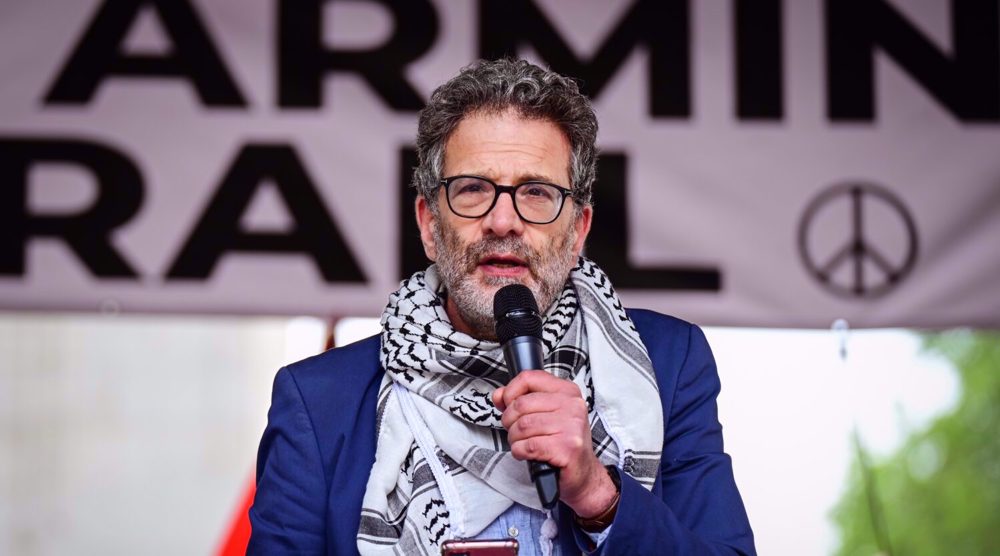
Palestine Solidarity Campaign director on trial

‘Doctors Against Genocide’ demands US Senate stop Trump
Iran bans exports of some crops amid soaring domestic prices
VIDEO | Gazans striving to survive with bare hands
'Shocking attack on free expression': Canadian politician slams arrest of pro-Palestine activist
West Bank Palestinians fear Gaza style destruction as Israel escalates raids
Hamas: Ibrahimi Mosque massacre testament to Israel’s criminal policy
Trump eyes Ukrainian rare earth minerals in exchange for military support to Kiev
Six Gaza children, including newborn girl, die of cold weather as Israel blocks aid
Iran rules out nuclear talks with US amid ‘maximum pressure’ campaign



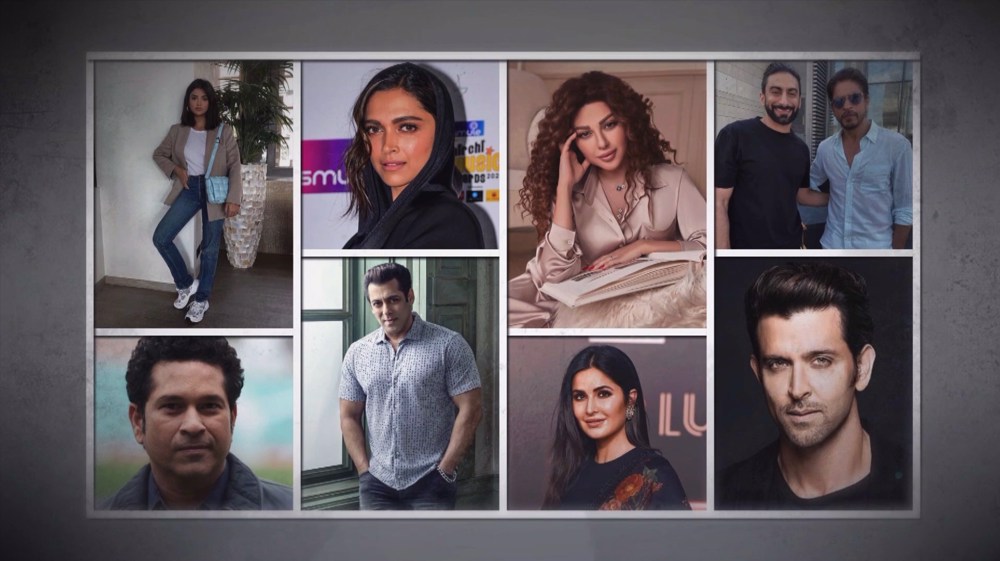
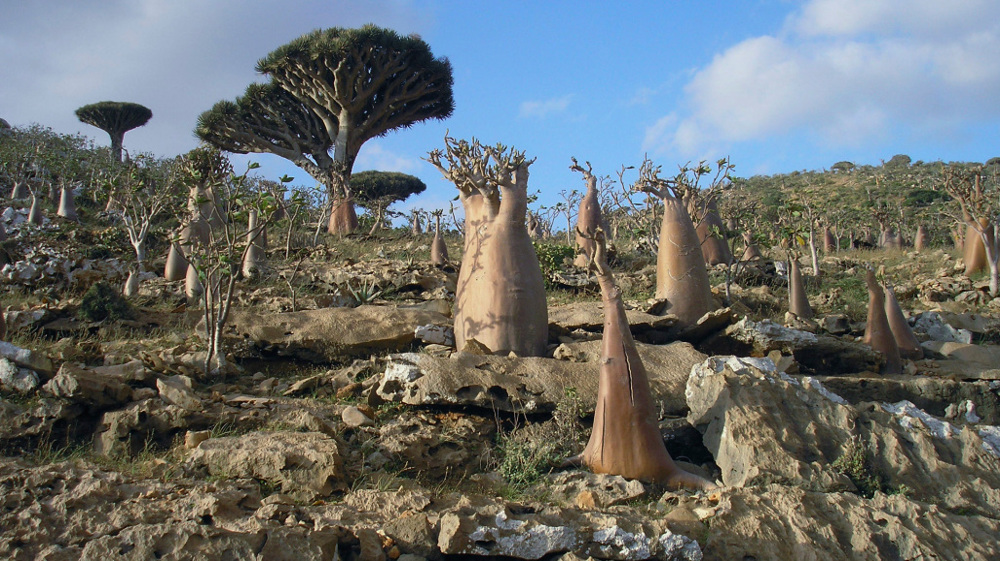
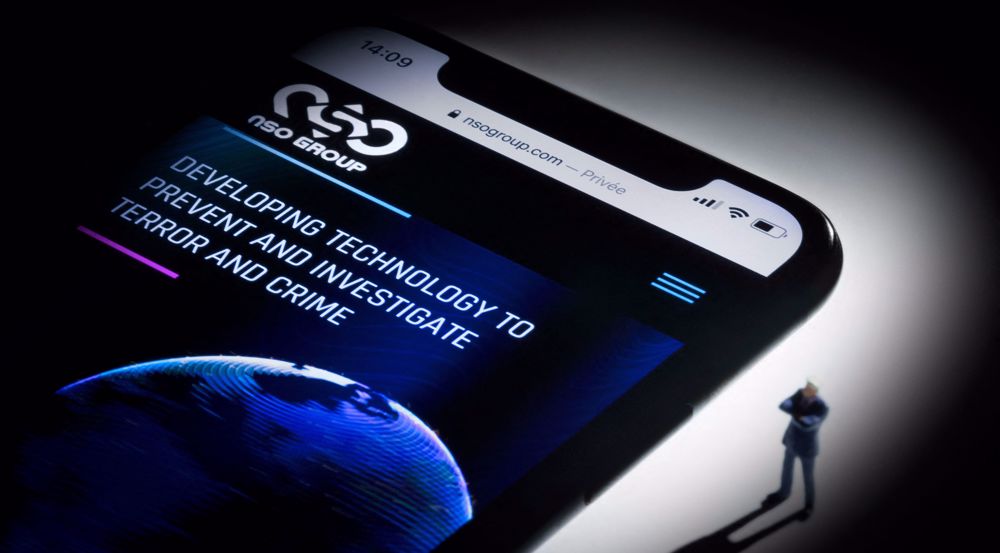
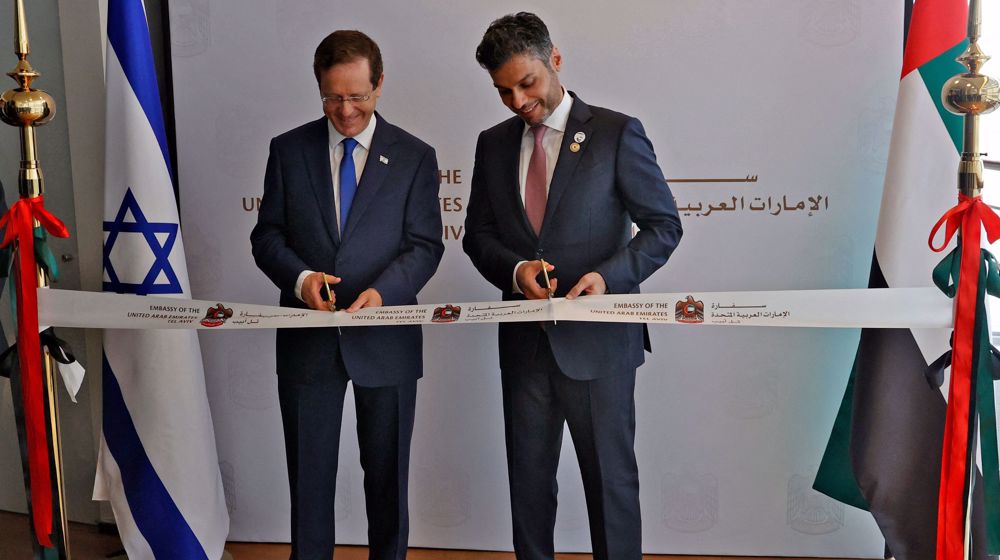
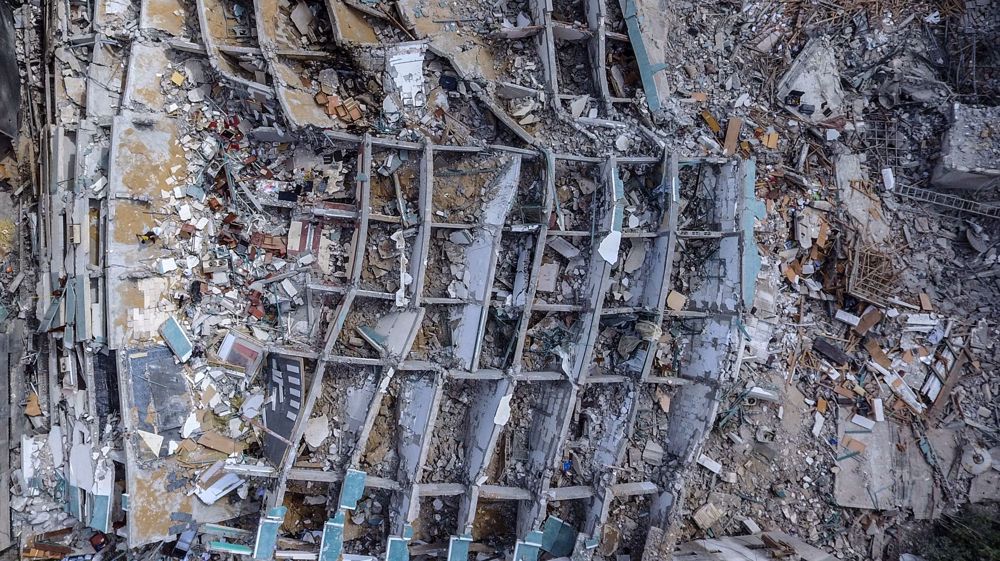
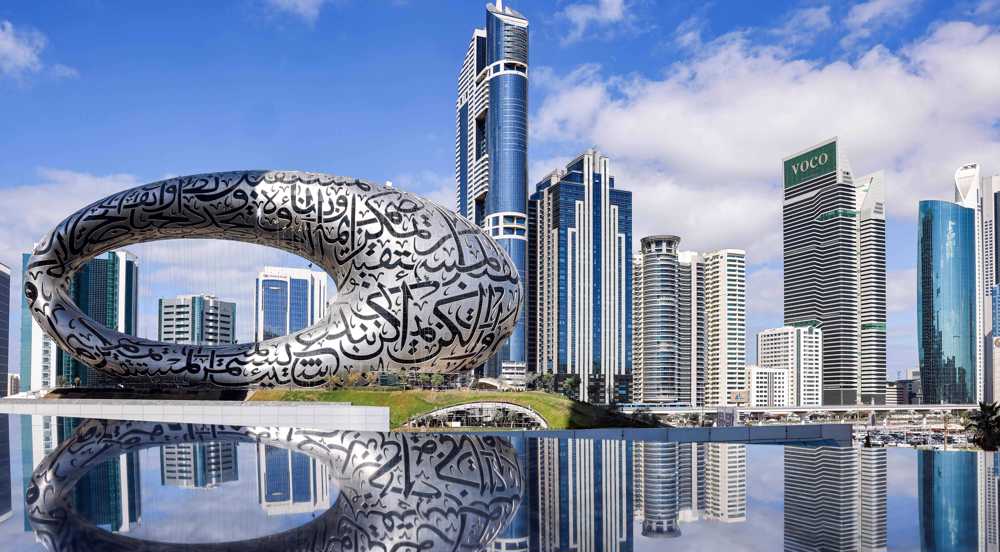
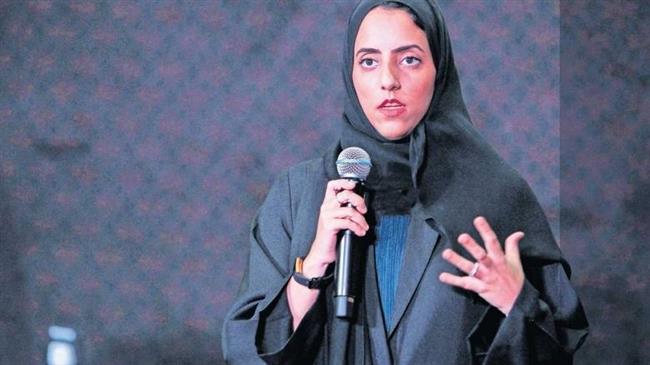





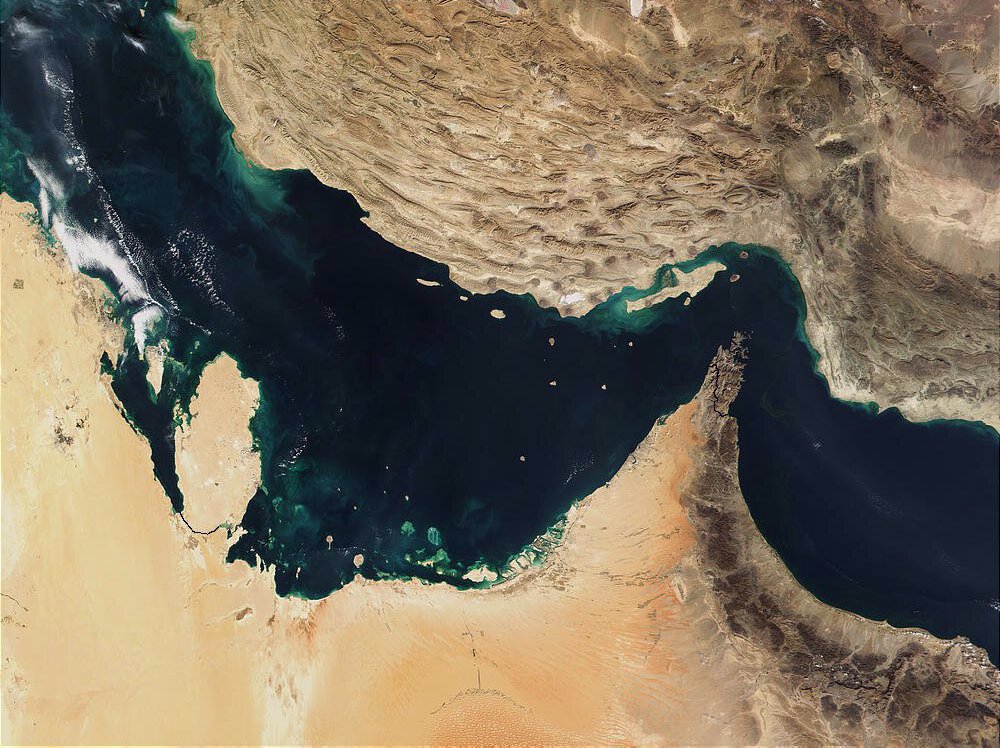
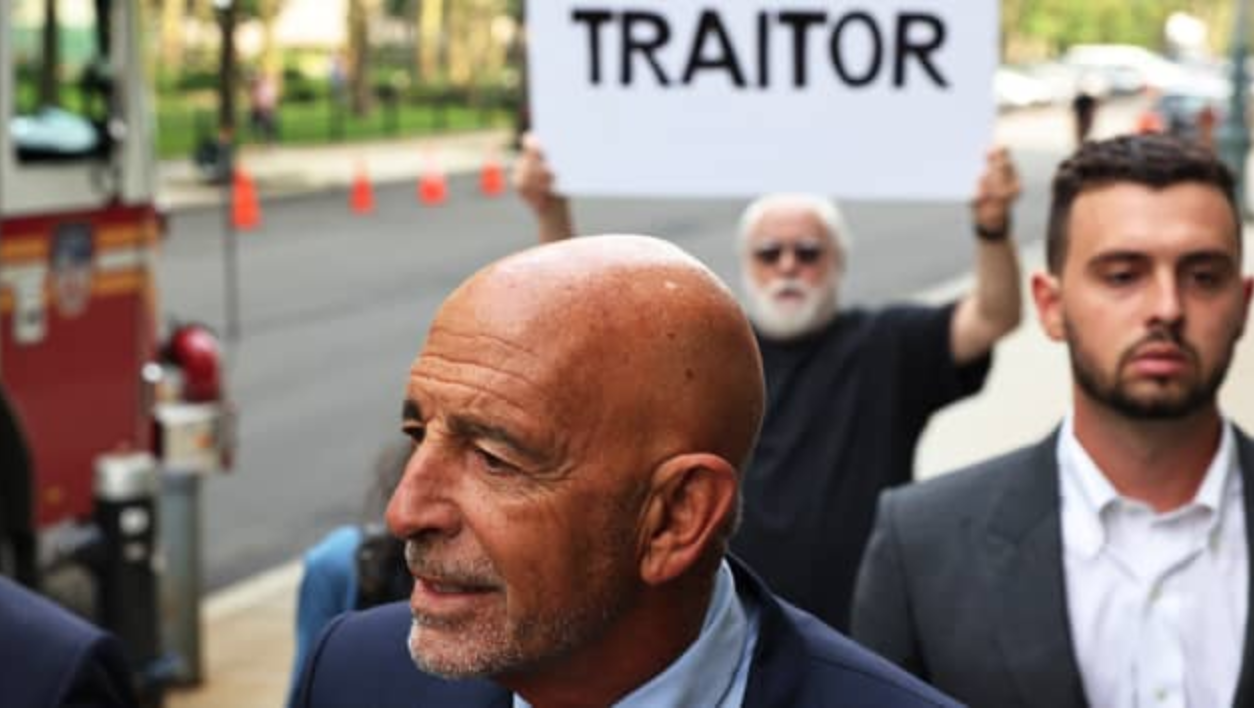
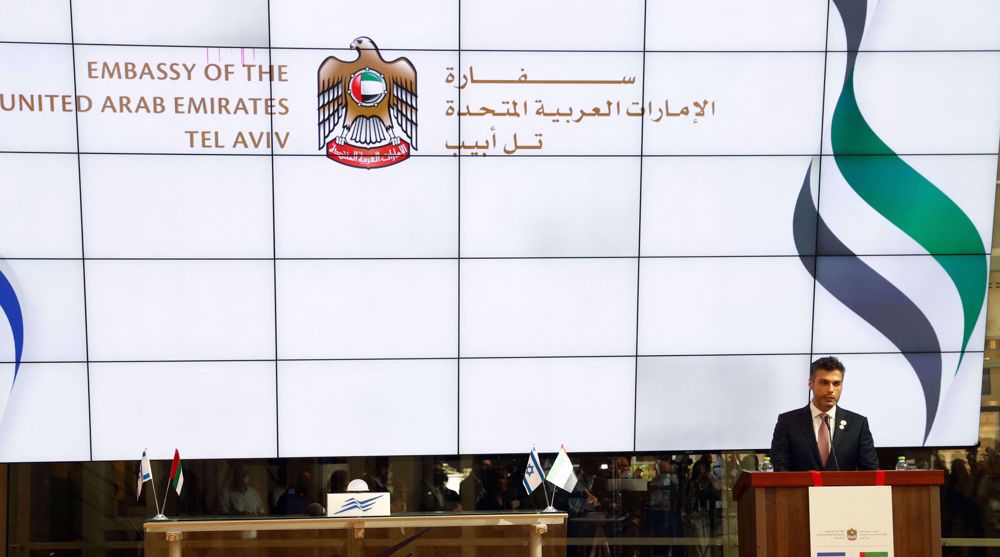
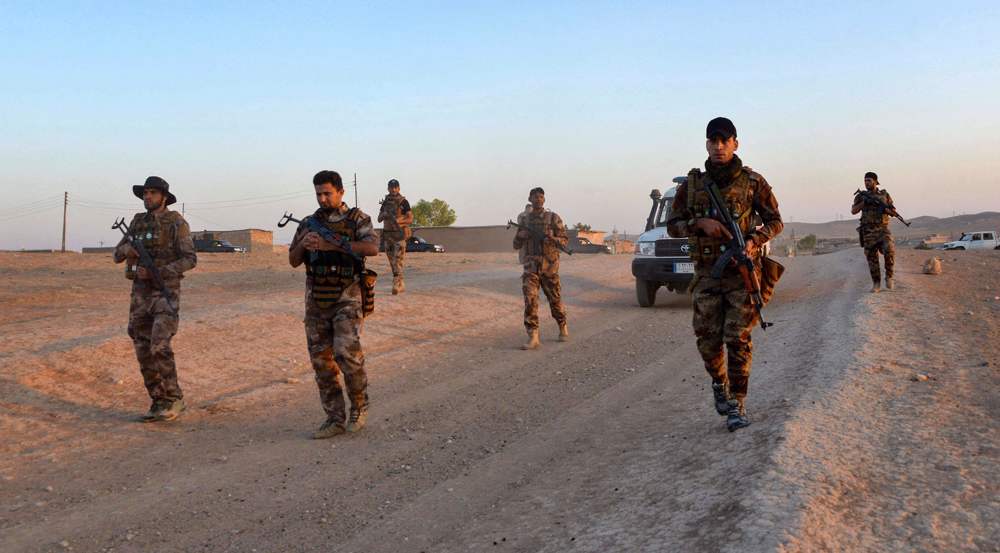
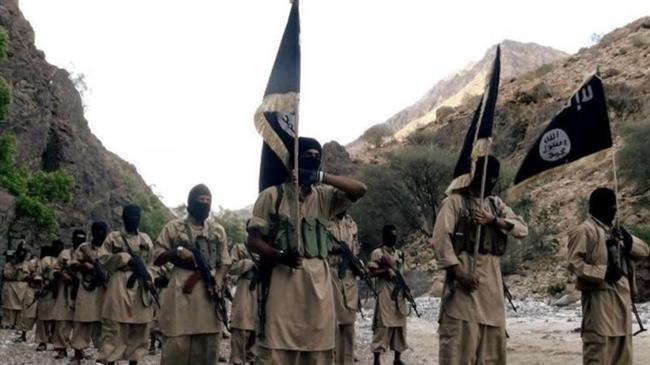
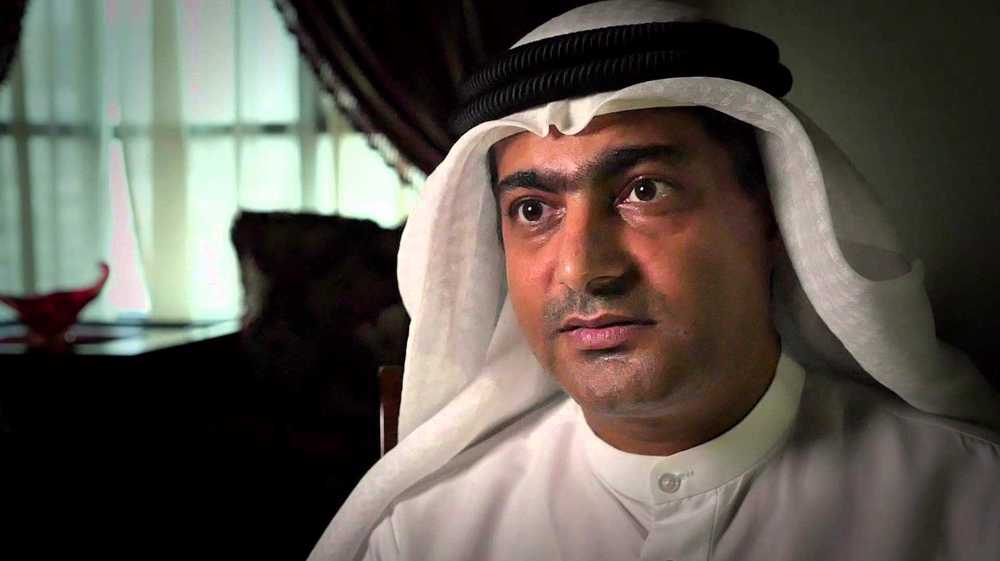
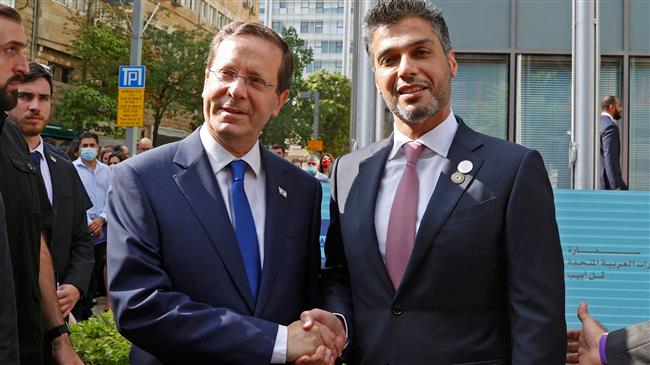

 This makes it easy to access the Press TV website
This makes it easy to access the Press TV website